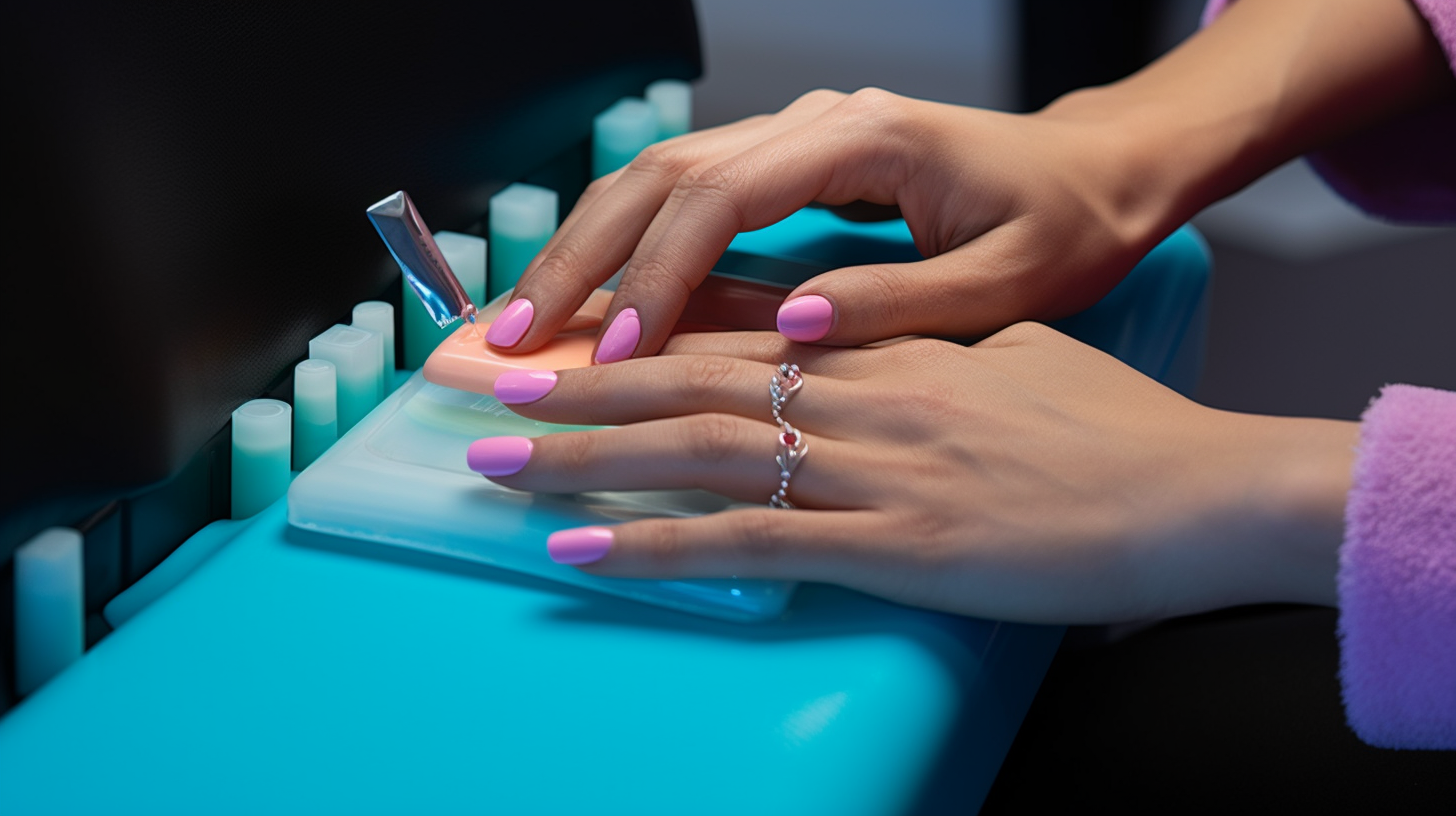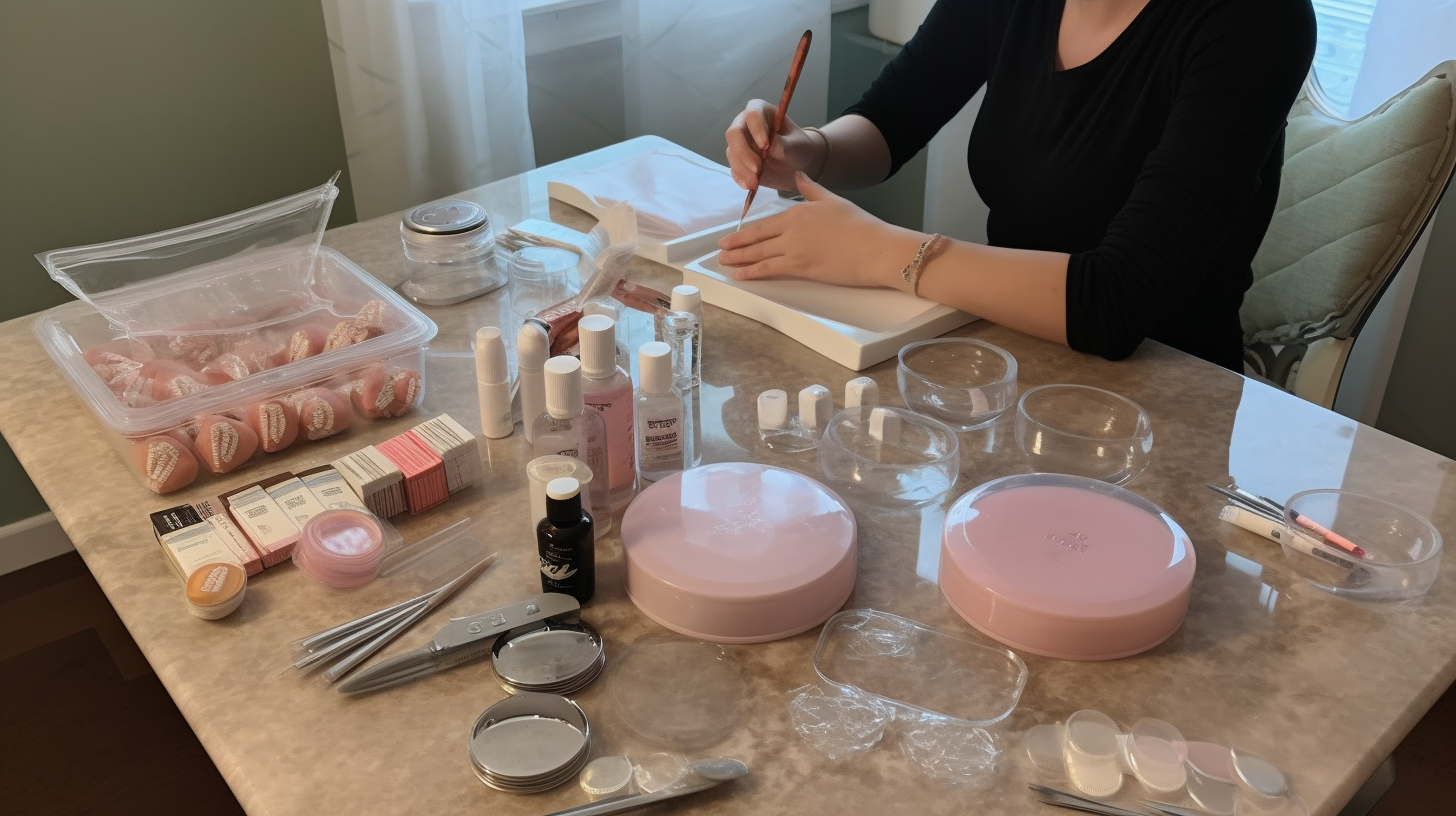Top Tips to Strengthen Your Nails Post-Acrylics: A Comprehensive Guide
Are you looking to strengthen your nails after removing acrylics? Acrylic nails can leave your natural nails weak and brittle, but don’t worry – we’ve got you covered! In this comprehensive guide, we’ll explore the top tips and strategies to help you make your nails stronger post-acrylics. We’ll discuss the benefits of healthy nails, the challenges you may face, and provide practical solutions to rebuild and maintain strong, beautiful nails.
Why Strong Nails Matter
Before we dive into the tips, let’s understand why having strong nails is important. Strong nails not only enhance the beauty of your hands but also serve as an indicator of overall nail health. Here are a few reasons why strengthening your nails should be a priority:
- Prevents Breakage: Strong nails are less likely to break or split, allowing them to grow longer and healthier.
- Avoids Infections: Weak or damaged nails are more susceptible to infections like fungal nail infections.
- Improves Nail Appearance: Strong nails look smooth, shiny, and well-maintained, adding a touch of elegance to your overall appearance.
- Promotes Nail Growth: When your natural nails are strong, they can grow faster and longer.
The Challenges You May Face
It’s essential to be aware of the challenges you may encounter when trying to strengthen your nails after acrylics. Here are some common issues you might face:
- Nail Weakness: Acrylics can weaken your natural nails over time due to the chemicals used during application and removal.
- Nail Damage: Removing acrylics can leave your nails thin, brittle, and prone to breakage.
- Nail Discoloration: Acrylics can cause your natural nails to become discolored or stained.
- Slow Nail Growth: Your nails may take longer to grow after removing acrylics, which can be frustrating.
Tips to Strengthen Your Nails Post-Acrylics
Now that we understand the importance of strong nails and the challenges you may face, let’s explore some practical tips and solutions to help you rebuild and strengthen your natural nails:
1. Give Your Nails a Break
The first step in strengthening your nails is to give them a break from any artificial enhancements. This means avoiding applying new sets of acrylics or other nail extensions. By allowing your natural nails to breathe and recover, you give them a chance to regain their strength.
Anecdote: Sarah, a nail enthusiast, shares her experience of taking a break from acrylics after years of regular use. She noticed a significant improvement in her nail strength and overall health within just a few weeks.
2. Moisturize Regularly
Nails need moisture just like your skin does. Apply a nourishing cuticle oil or cream regularly to keep your nails hydrated and prevent them from becoming dry and brittle. Look for products containing ingredients like vitamin E, jojoba oil, or almond oil for maximum hydration.
TIP: Massage the cuticle oil into your nails and cuticles using gentle circular motions for better absorption.
3. Maintain a Healthy Diet
A balanced diet plays a crucial role in nail health. Include foods rich in biotin, vitamin E, iron, and protein to promote nail strength and growth. Some excellent food choices for healthy nails include eggs, salmon, almonds, spinach, and lean meats.
Expert Advice: Dr. Smith, a renowned dermatologist, emphasizes the importance of a nutritious diet for strong nails. She recommends incorporating foods high in omega-3 fatty acids like walnuts and flaxseeds to improve overall nail health.
4. Avoid Harsh Chemicals
When strengthening your nails, it’s important to avoid exposing them to harsh chemicals found in cleaning products or nail polish removers containing acetone. These chemicals can further weaken your nails and hinder their recovery process. Opt for gentle and non-acetone-based removers instead.
5. Use a Nail Strengthener
A nail strengthener is specifically designed to fortify weak and brittle nails. Look for a product that contains ingredients like keratin, calcium, or peptides that help strengthen the nails’ structure. Apply the strengthener as per the instructions provided for optimal results.
Anecdote: Lisa shares her success story of using a nail strengthener after removing acrylics. Within a month of regular application, she noticed a significant improvement in her nail strength and durability.
6. Keep Your Nails Short
In the beginning stages of strengthening your nails post-acrylics, it’s best to keep them short. Long nails are more prone to breakage and can put additional stress on weakened natural nails. Once your nails regain their strength, you can gradually let them grow longer if desired.
7. Practice Gentle Nail Care
Avoid aggressive filing, buffing, or using metal tools on your nails. Instead, opt for a gentle file and always file in one direction to prevent nail damage. Be cautious while pushing back your cuticles to avoid causing any harm to the nail bed.
TIP: Wear gloves while doing household chores or gardening to protect your nails from excessive moisture and harsh chemicals.
8. Be Patient
Remember, strengthening your nails after acrylics is a process that takes time. It’s important to be patient and consistent with your nail care routine. Results may not be immediate, but with regular maintenance and proper care, you’ll notice a significant improvement in the strength and health of your natural nails.
In Conclusion
Removing acrylics can leave your natural nails weak and damaged, but with the right tips and strategies, you can rebuild their strength. By giving your nails a break, moisturizing regularly, maintaining a healthy diet, avoiding harsh chemicals, using a nail strengthener, keeping your nails short, practicing gentle nail care, and being patient throughout the process, you’ll be well on your way to achieving strong and beautiful natural nails.
Remember, everyone’s nail journey is different. If you have any concerns or persistent issues with your nails’ health or strength post-acrylics, it’s best to consult a dermatologist or a qualified nail technician for personalized advice.




